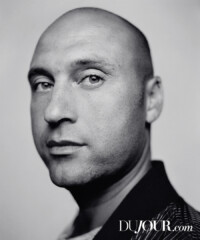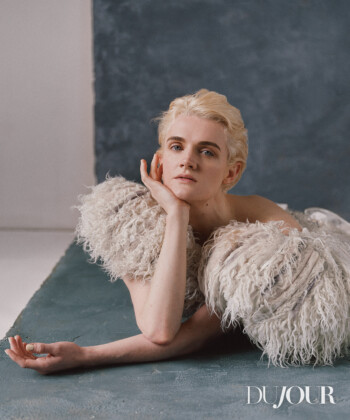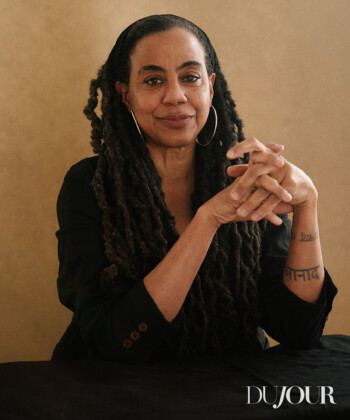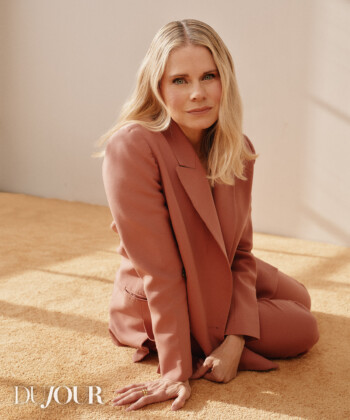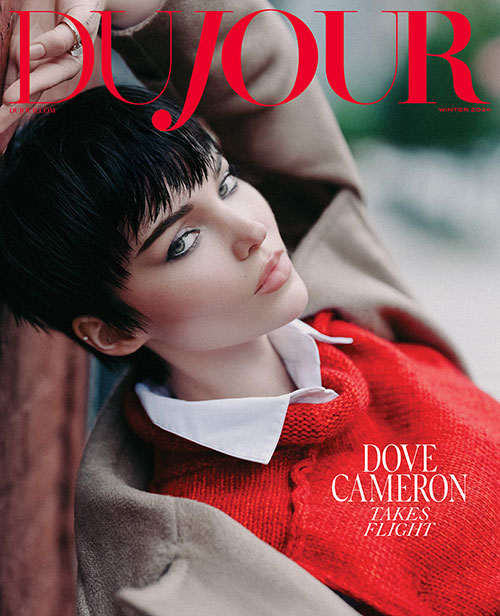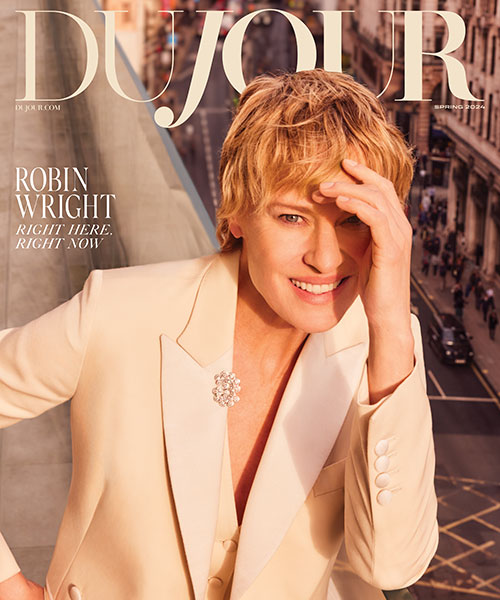

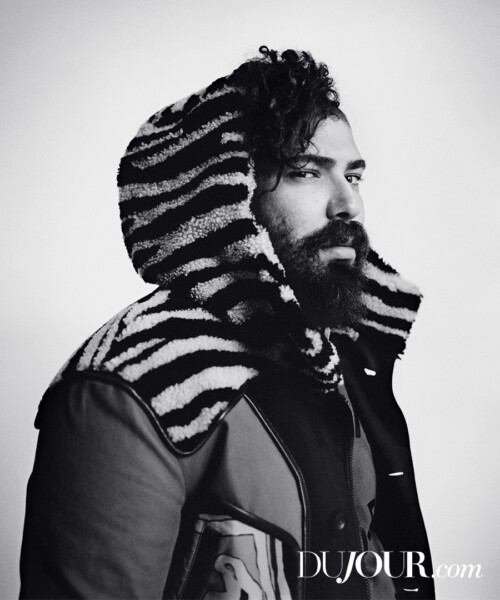
How The Fat Jew Turned an Instagram into a Thriving Brand
He’s pissed a lot of people off in the process, but Josh Ostrovsky is laughing all the way to the bank
I can’t even explain to my dad what I do for a living,” says Josh Ostrovsky, the rotund raconteur better known on social media as The Fat Jew. “He calls me an ‘adult entertainer.’ ” Ostrovsky is drenched in sweat, because—as he will gladly tell you—he is fat, and fat guys perspire heavily on humid Manhattan afternoons. He’s just arrived at the photo studio, and his frizzy Brillo clump of hair is fluttering in the wake of an air-conditioning unit.
“I’m imagining myself in Italy, eating orzo with some hot Italian guy, trying to explain my job,” he says, squeezing his eyes shut to envision the scenario. “His skin is leathery—the same tone as Zoe Saldana’s—and he’s gorgeous! I guess I would tell him that I’m like, a Z-list celebrity. That’s probably what I would say.”
What it is, exactly, that Ostrovsky does is a topic of much debate, but you might call him a social-media savant. With 6.1 million followers on Instagram, he uses his account, @TheFatJewish, to curate and create the kind of content that attracts millennials like catnip. Ostrovsky’s comedic posts are an amalgamation of screenshots and memes—culled from the dark corners of the Internet—that riff on subjects the digital generation can’t stop gabbing about, like ruthless hangovers, poor dieting habits and the hilarity of tech-illiterate parents.
A typical Fat Jew Instagram post might read something like, “I hate it when I’m on the treadmill and accidentally hit the stop button and go to Chipotle and eat a burrito.”
Though he started out on Instagram in 2009, Ostrovsky didn’t crack the pop-culture zeitgeist until 2013, when his video, “SoulCycle for Homeless People,” went viral in late June. The 76-second clip features the porky jokester in a crop top, teaching a spin class to a handful of hobos sitting on a row of docked Citi Bikes. The video has since been viewed more than a million times.
The native New Yorker’s knack for winning the elusive attention of an overstimulated demographic has made him an unconventional yet desirable partner for brands like Bud Light, Virgin Mobile and Burger King. On any given day, the Fat Jew gets more eyeballs than Jimmy Fallon or Stephen Colbert on their broadcasts. “The brands obviously know that I have a trusted voice and that, relatively speaking, I know what’s cool—or at least what’s going to get a conversation started—so they kind of let me do the things I want to do,” says Ostrovsky, who once tattooed a logo of Burger King’s Chicken Fries on his chest and shared it on social media.
In short order, Ostrovsky has parlayed his digital reach into a portfolio of lucrative brand tentacles, like a radio show with Apple Music, a forthcoming book entitled Money Pizza Respect and a wine label, White Girl Rosé, which launched in July and has sold more than 150,000 bottles. But his seemingly unstoppable rise to the ranks of crossover superstardom came to a screeching halt this past August, after news broke that he’d signed with talent agency CAA and inked a TV deal with Comedy Central. Respected comedians and media outlets decided that enough was enough and took Ostrovsky to task for appropriating jokes, tweets and memes in his feed without crediting the original sources. The tempest burned hot for about a week—he was called everything from a fraud, a plagiarist and a leech to a human virus and a blatant thief—and within a few days, it was announced he had lost his TV deal. (Comedy Central later clarified that the project fell through months beforehand, but the media narrative stuck.)
While the severity of stealing content isn’t lost on him, Ostrovsky doesn’t appear to be wallowing in a pint of Häagen-Dazs. “It definitely sucked,” he says of the backlash. “At the same time, I think there was something to be learned for all of us. I am going back and attributing all of the stuff, and other people are now, too. As quickly as awesome stuff happens, stuff can happen that is not quite as desirable. I am 100 percent prepared for that. The Internet is a giant fucking rave filled with people screaming at each other over loud music.”
One could argue that the controversy was stirred up by a small but vocal group who took issue with his style of content sharing. Ostrovsky’s fans, for their part, don’t seem to care much—and he’s gained almost half a million more of them since. When the 33-year-old debuted his “Dad Fashion” runway show at New York Fashion Week in September, it drew an impressive crowd of mainstream influencers. The publicity stunt—starring middle-aged models scouted from Craigslist wearing stained graphic T-shirts and cargo shorts—was covered in Vogue and The New York Times. The secret sauce, he says, is simple. “I think you need to touch some lives, which I’ve been doing all the time. I’m like Gandhi, but fatter. So much fatter.”
These days, with the controversy seemingly behind him, Ostrovsky is busy thinking about the bigger picture for his brand. “I’d like to get famous to the point where I lose sight of what’s important and start alienating people who really care about me. Make terrible decisions; spiral out of control. Develop a horrendous drug addiction and lose all of my money. Basically, watch everything I love evaporate. Go to rehab, and slowly realize all the terrible decisions I made. Then make amends with the people who actually love me and find my life again,” he says. “That’s the dream.”
In main photo: Hooded shearling parka, $795, COACH, coach.com.

























